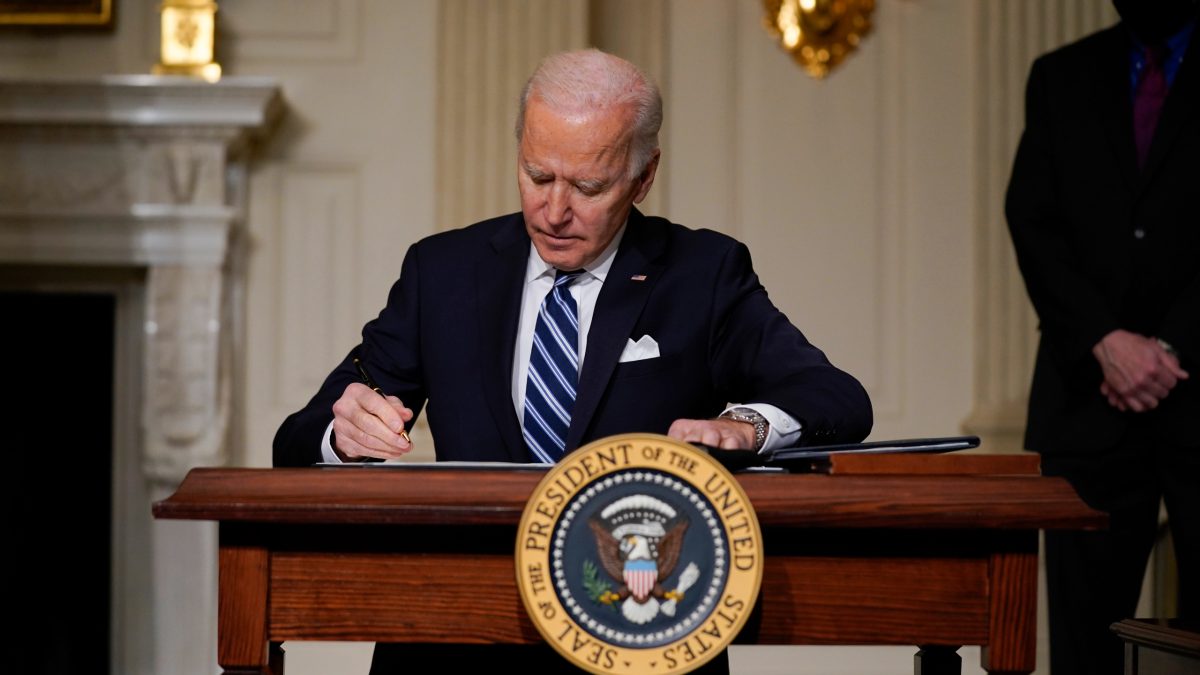Male republican U.S. senators do not believe that they should pay for their own sexual harassment settlements. As of Thursday April 19, Senator Ted Cruz (R-TX) was the only male senator of his party to join his male Democrat colleagues to call for a vote in rewriting workplace harassment rules for Capitol Hill’s politicians. Previously, taxpayer money was used to pay for such cases.
Democrat Senator Jeff Merkeley of Oregon was one of the male Democrat senators to pen a letter that encouraged floor debate regarding this change in rewriting the sexual harassment rules for both the Senate and the House that were initially set by the Congressional Accountability Act. The letter, which is co-signed by 31 male senators, addresses Senate Majority Leader Mitch McConnell (R-KY) and Senate Minority Leader Chuck Schumer (D-NY).
The action taken by Senate follows the passing of new bipartisan harassment legislation in the House back in February. The House bill was created after a several politicians had to resign due to sexual harassment allegations in the wake of the growing #MeToo movement. This bill required congressmen to pay for their own settlements and lawsuits, instead of relying on taxpayer money as done in the past. The bill would also leave the reports of harassment claims open and available to the public, and no longer require employees of the politicians to go through counseling before filing a claim.
“Congress needs to show leadership and make it clear that we won’t tolerate sexual harassment anymore,” Senator Kirsten Gillibrand (D-NY) publicly stated, and has collaborated with Senator Ted Cruz to draft a Senate bill that mirrors the agenda of the House bill. “These are simple steps that would show that Congress is protecting victims and not harassers.”
Cruz shared the same sentiment as his colleague when he expressed his public support for the Senate version of the bill by referring to the piece of legislation as “the right thing to do.” With this, he stated: “We should have passed it weeks ago, and so anything I can do to encourage my colleagues — Republican or Democrat — to take it up on the floor of the Senate, I’m supportive of doing.”
Before this course of action, politicians were generally protected under the Congressional Accountability Act, which delayed the accusatory process by forcing accusers to undergo long periods of counseling and paperwork between their reporting said harassment and the settlement of cases—which occurred more frequently than trial.
Some notable politicians made headlines with their sexual misconduct: Senator Al Franken (D-MN) resigned in January of 2018 after multiple women accused him of inappropriate groping; and Representative Blake Farenthold (R-TX) coincidentally retired after reports surfaced of his using $84,000 in taxpayer money to settle a sexual harassment lawsuit.
As of 2017, the U.S. Treasury Department has allocated about $1.5 million for settlements that involve claims surrounding Senate workplace misconduct for the last twenty years.

































